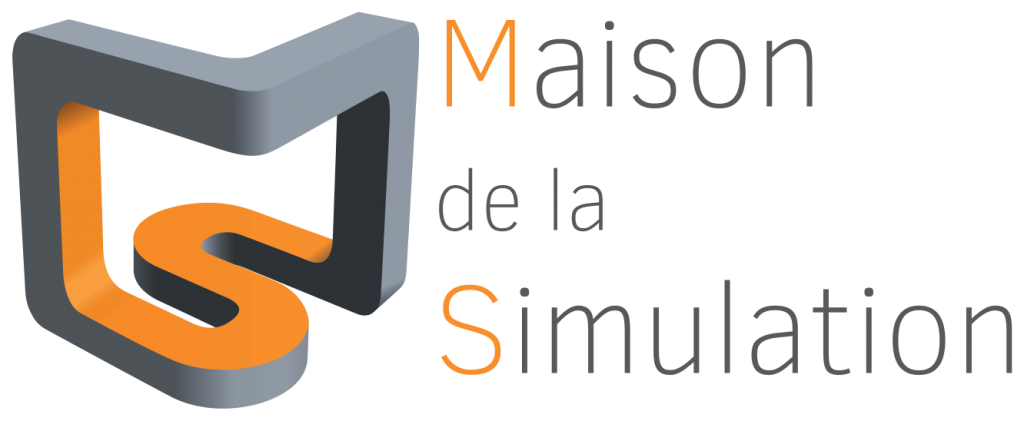Subject
The AMITEX code developed by CEA is a massively parallel code (distributed memory), using Discrete Fourier Transforms, for the numerical simulation of the mechanical behavior of heterogeneous materials. It overcomes the limitations (in size and computation time) encountered by standard finite-element codes used in the same context. A stabilized version of the code, available to the public at https://amitexfftp.github.io/AMITEX/, is used by various national (Mines Paris, ONERA, ENSTA Bretagne, I2M-ENSAM Bordeaux, Météo-France, etc.) and international (USA, UK, China, Canada, Germany, Finland, Poland, etc.) teams.
The aim of the post-doc, proposed over two years, is threefold: to extend the field of application of the AMITEX code to non-periodic boundary conditions, to explore a possible adaptation to hybrid CPU/GPU architectures, and to use these extensions to develop FFT-based multi-scale couplings. This objective is built around the 2decomp open source library, on which AMITEX is based, and whose development was taken over in 2022 (https://github.com/2decomp-fft/2decomp-fft)[1] by a French-English team.
The various tasks of the post-doc consist of :
– extend the functionalities of the AMITEX code (non-periodic BC) by introducing different types of discrete transforms (sine, cosine, Fourier) within the 2decomp library,
– explore 2decomp‘s current development towards the use of hybrid CPU/GPU architectures, with the aim of setting up a first AMITEX-GPU code,
– use this new functionality for multi-scale coupling, where a local (refined) simulation interacts with a global (unrefined) simulation [3] via non-periodic boundary conditions,
[1] Rolfo, S.; Flageul, C.; Bartholomew, P.; Spiga, F. & Laizet, S. The 2DECOMP&FFT library: an update with new CPU/GPU capabilities, Journal of Open Source Software, The Open Journal, 2023, 8, 5813
[2] Gélébart L., FFT-based simulations of heterogeneous conducting materials with combined nonuniform Neumann, Periodic and Dirichlet boundary conditions, Eur. Jour. Mech./A solids, Vol. 105, 2024
[3] Noé Brice Nkoumbou Kaptchouang and Lionel Gélébart. Multiscale coupling of fft-based simulations with the ldc approach. Computer Methods in Applied Mechanics and Engineering, 3
Candidate and subject
– The candidate should have completed his/her thesis in the field of numerical mechanics and have a strong and practical interest for computer development, particularly through open source codes (2decomp and AMITEX),
– Although the subject is aimed at (numerical) solid mechanicians, it may also be suitable for (numerical) fluid mechanicians or physicians who wish to open up to solid mechanics,
– Part of the topic concerns extension to GPUs, so prior knowledge of GPU programming will be a plus. However, this point is not essential if the candidate demonstrates solid computer skills that will enable him or her to be trained quickly,
– Depending on the candidate’s professional project and/or initial skills, the part of the work on multi-scale coupling, which will enable the project to be promoted through scientific publications, could be strengthened and/or extended to other types of coupling, and especially multi-physics couplings.
Details
The post-doc, based at CEA Saclay and granted for 2 years, will draw on the skills of L. Gélébart (DES/ISAS/DRMP/SRMA), developer of the AMITEX code, Y. Wang, HPC simulation specialist at the Maison de la Simulation (DRF) and Cédric Flageul (co-developer of the 2decomp library) from the University of Poitiers.
